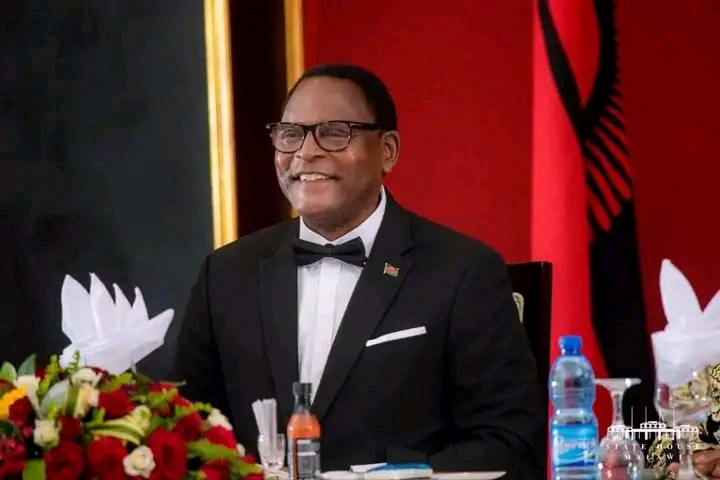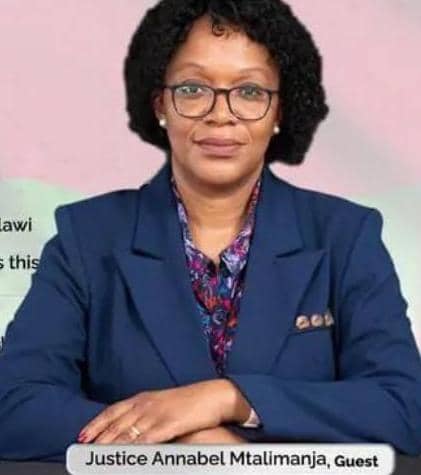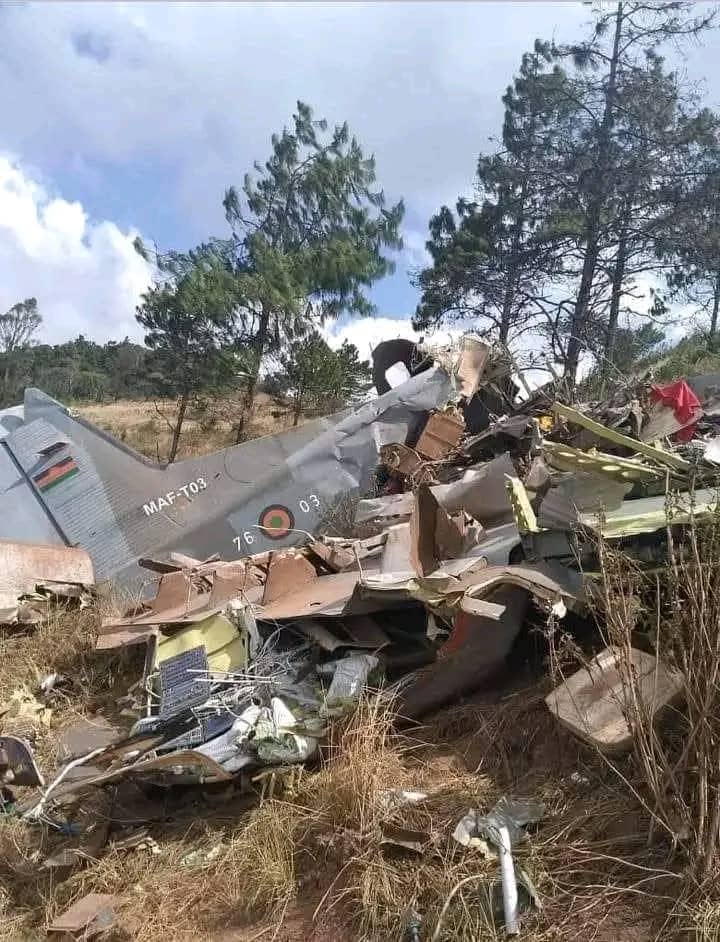By Suleman Chitera | Investigative Desk
Introduction: The Promise That Turned Into Pain
When Lazarus Chakwera took the oath of office in June 2020, Malawians were hopeful. He came in as a man of faith and integrity, promising to end corruption, create jobs, stabilize the economy, and restore trust in government. His slogan — “Hi5 Agenda” — carried promises of servant leadership and prosperity.
But five years later, the story on the ground tells a different tale. Under Chakwera’s administration, Malawi’s economy has plunged into crisis — marked by record inflation, currency collapse, corruption scandals, and the highest cost of living in recent history.
- The Economic Collapse: Kwacha in Freefall
Under Chakwera, the Malawian Kwacha has lost over 70% of its value against the US dollar. In 2020, $1 traded at around MWK 750. By 2025, it crossed MWK 2,500, triggering the sharpest depreciation in Malawi’s democratic era.
This collapse had ripple effects — prices of fuel, maize, transport, and basic goods skyrocketed. Malawians who once lived modestly now struggle to afford a single meal a day.
Economists blame poor fiscal management, reckless borrowing, and the government’s overreliance on donor funds.
“There’s no clear fiscal direction — the administration has been reactive, not proactive,” said one economist from the University of Malawi, who requested anonymity for fear of political backlash.
- The IMF Bailout and Vanishing Accountability
In 2023, the Chakwera administration secured a $174 million bailout from the International Monetary Fund (IMF). It was supposed to stabilize the economy and strengthen public finance systems.
However, an internal report from the Ministry of Finance reveals that much of the bailout support went to recurrent expenditures — salaries, fuel, and allowances — rather than productive sectors.
Opposition lawmakers accuse Chakwera’s government of mismanaging IMF funds and failing to meet reform benchmarks.
“We were told these funds would fix the economy, but instead, they fueled corruption and consumption,” said a senior opposition MP.
- Corruption Scandals and Political Patronage
Despite promising to end corruption, Chakwera’s administration has been riddled with scandals involving senior government and security officials, exposed deep-rooted networks of bribery and money laundering.
Even after Chakwera suspended key officials, many were quietly reinstated or politically shielded. Investigations stagnated, and no major convictions were made.
Civil society groups now accuse the President of fighting corruption with speeches, not action.
“Malawians expected a cleanup, but the rot just changed hands,” said a governance analyst with the Malawi Economic Justice Network (MEJN).
- Broken Promises: Job Creation and Agriculture
Chakwera’s Job Creation Initiative promised one million jobs within a year. Nearly five years later, unemployment among youth remains above 25%, with most graduates resorting to informal vending or migration.
The agriculture sector — once Malawi’s economic backbone — also suffered from policy inconsistency. Fertilizer subsidies were mismanaged, with reports of ghost beneficiaries and inflated procurement contracts under the Affordable Inputs Programme (AIP).
In 2024, the Auditor General’s report revealed that over MWK 30 billion was lost in irregular payments and supply fraud within AIP — money that could have supported real farmers.
- Cost of Living Crisis: The Human Toll
In markets across Blantyre, Lilongwe, and Mzuzu, the story is the same — despair. A 50kg bag of maize now sells for over MWK 60,000, up from MWK 10,000 in 2020. Fuel prices tripled, and electricity tariffs continue to climb.
“Life is unbearable. We thought Chakwera would help us, but things only got worse,” said a shop owner in Limbe Market.
Public servants have staged repeated protests over unpaid arrears, while hospitals struggle to stock essential drugs.
- The Waning Popularity: Malawi’s Lost Hope
Once hailed as the “people’s president,” Chakwera’s approval ratings have plummeted. Surveys by Afrobarometer and local institutes show that over 70% of Malawians disapprove of his handling of the economy.
The prevailing sentiment on the streets is that Malawians will never miss Chakwera when he leaves office — a reflection of deep disappointment from citizens who once believed in his promise of moral leadership.
Conclusion: A Legacy in Question
President Lazarus Chakwera’s administration may go down in history as one that began with hope but ended in disillusionment. While external shocks like the COVID-19 pandemic and global inflation played a role, mismanagement, corruption, and lack of decisive leadership have defined his term.
Malawi’s economy is now more fragile, debt-ridden, and dependent than ever.
As 2025 approaches, one question echoes across the nation:
Will Malawi ever recover from Chakwera’s economic wreckage?




